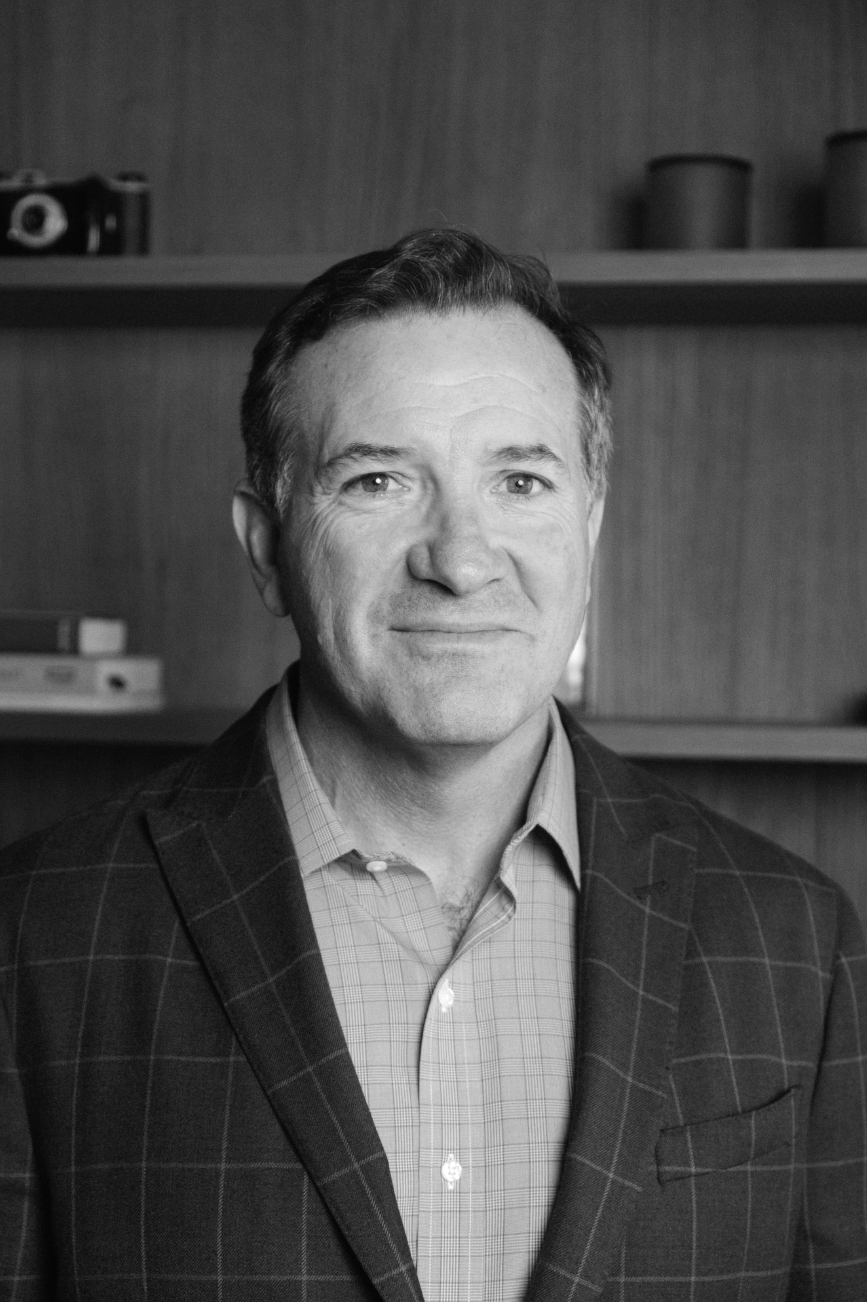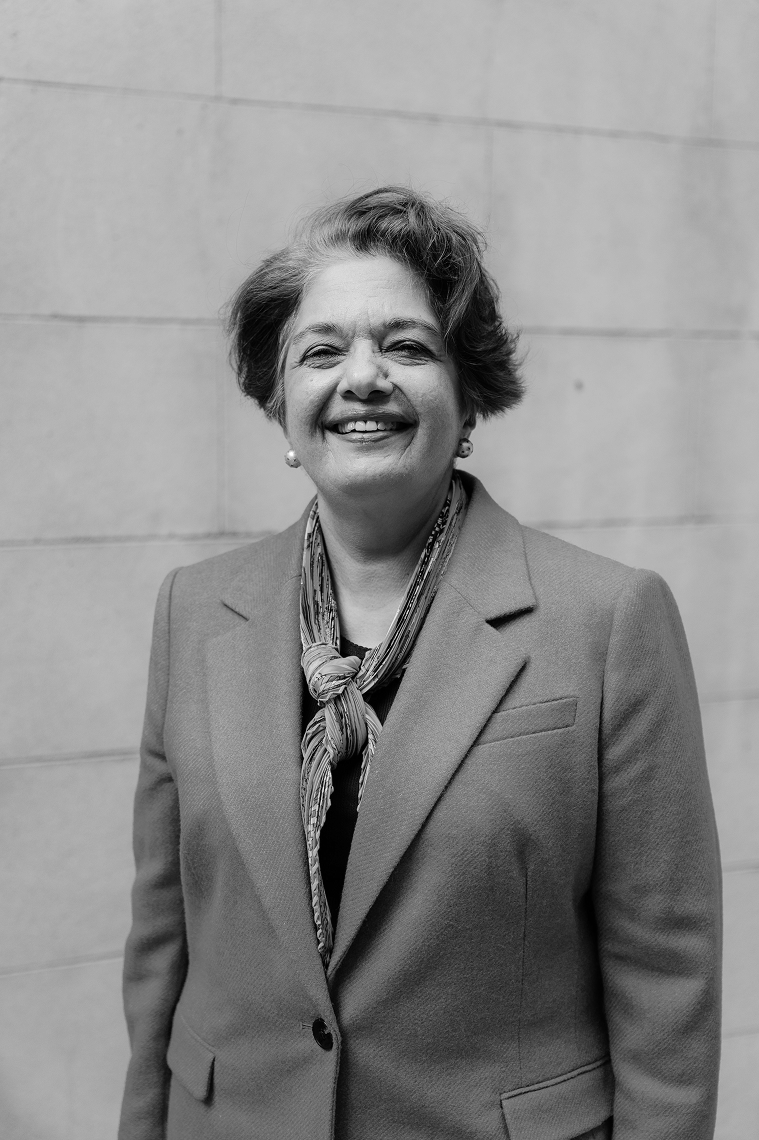Success Story
Rivia at Enyo and Omeicos: A Founder’s Dream in Daily Use
.png)
Henk Streefkerk & Pietro Scalfaro
CEO & Chief Medical Officer

About
Enyo Pharma & Omeicos Therapeutics
When Henk and Erik worked at Novartis more than ten years ago, they imagined a technology that could help detect safety signals effortlessly.
That vision followed them as Henk and their co-Founder Pietro went on to lead clinical programs at ENYO Pharma and OMEICOS Therapeutics. Today, both organizations use Rivia, the platform born from that idea.
“I’ve been running trials for more than 20 years. We always had the same problem: fragmented data and a lack of medical oversight. There were no tools that allowed us to truly understand patients across the many different data points. I wanted a comprehensive overview of the data in time. Rivia not only allows me to look at the data I am asking for, but much more importantly, it allows me to explore data and come to insights I had not thought about.”
Henk Johan Streefkerk, Drug Safety Officer Omeicos Therapeutics
Biotechs often do not have the large technical teams to solve this challenge in-house. That is where Rivia comes in.
Rivia unifies trial data including labs, timelines, adverse events, and imaging into a single clinically meaningful view. This reduces review cycles by three to six times, turning weeks of preparation into hours. Instead of wrestling with spreadsheets, medical monitors can focus on clinical judgment and timely interventions.
“Board preparation used to take weeks of gathering and reconciling data. With Rivia, it is done in a matter of hours, with more insight than before.”
Pietro Scalfaro, Chief Medical Officer ENYO PHARMA
This capability is transforming how teams operate. Board preparation is streamlined. Safety oversight becomes proactive rather than reactive. Insights emerge earlier, helping biotechs understand what works, for whom, and why.
The impact extends beyond single studies. By making trial intelligence infrastructure accessible to biotechs, Rivia is working toward a future where instead of eight or nine drugs out of ten failing, only one or two will.
What started as a dream is now a reality, powering daily trial life at biotechs across the world.
Real Results from
Leading Innovators
.svg)
.svg)










.svg)



